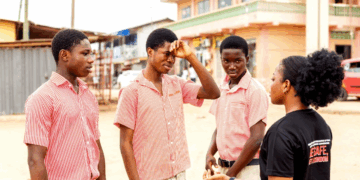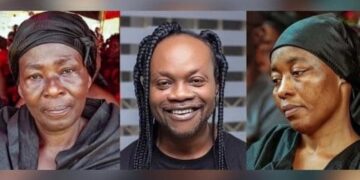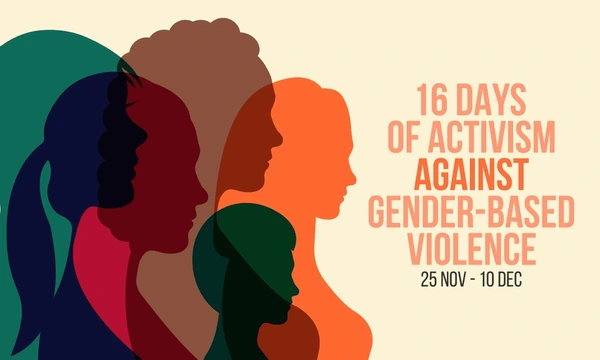Director of the Center for Gender Research Advocacy and Documentation at the University of Cape Coast (CEGRAD-UCC), Prof Eunice Fay Amissah has highlighted the prevalent issue of gender-based violence in Ghana specifically focusing on the challenges faced by women and girls in sexual and domestic violence.
She underlined that harmful traditional practices and weak legal frameworks contribute to the perpetuation of these violent acts, encompassing physical, psychological, emotional, and economic abuses.
“Issues about female genital mutilation; we have widowhood rite, we have this witchcraft camps, early marriages, the trokosi system is also there, though somehow the legal framework frowns upon it people still find ways and means of promoting it.
Addressing this global problem during ATL FM’s Atlantic Wave as part of the UN’s 16 days of activism against gender violence, Prof. Fay Amissah stressed the urgency of ending gender-based violence.
Prof. Fay Amissah emphasized its detrimental impact on gender equality and national development and urged for collective efforts to address the cultural and legal factors that contribute to violence against women.
“Our cultural setting and the weak legal framework that we have and some socio-economic conditions promote violence against women. We have to really delve into it and have a discourse to come out with ways and means that we can all come together to end this violence against women” she said.
This year’s United Nations initiative, a 16-day activism against gender violence began on November, 25th which is the United Nations International Day for Eliminating Violence against Women, and will run through to the International Day for Human Rights on December, 10th.
Director of the Counselling Center-UCC, Dr. Rita Holm Adzovie on her part identified social norms and stereotypes as root causes of violence against women.
She specifically pointed to the influence of media and cultural representations in perpetuating these norms.
“There are media and cultural representations that objectify women and contribute to the normalization of violence and reinforce gender inequalities. So, we all have a role to play”.
Suggesting some crucial preventive measures to curb the phenomenon, she recommended challenging harmful stereotypes and supporting victims in reporting such cases as key adding that society must play an active role in that regard.
Read also: Smart Solutions Needed to Propel Ghana’s Agriculture – Prof. Hagan
Source: Flora Tang/ATLFMNEWS



























